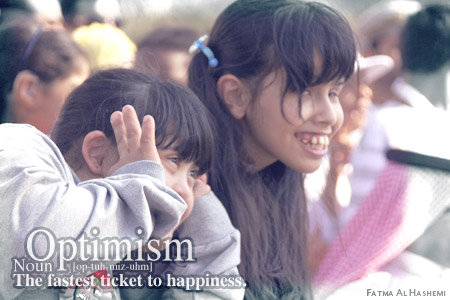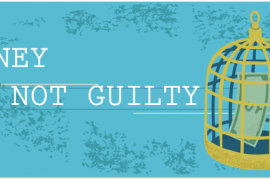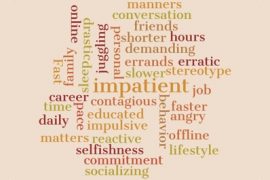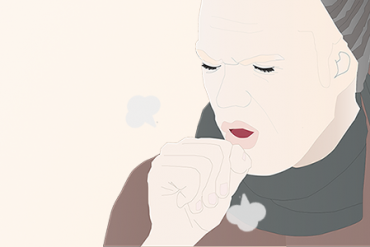The style in which a life is led, and the attitude that is carried out while jumping through the hurdles that our experiences face us with are critical to the wellbeing that we boast and the pleasures -or pains- we go through. In essence, having either a positive or negative approach to each and every issue, no matter how minimal, can mold that issue in either being a lovely memory or the contrary. It is that basic core value that sets us on a path, a path that snowballs into an outcome. But what if we took a step back and re-aligned our initial reaction? Our initial impulse? What if we had the ability to turn a natural negative response to an issue into a positive one?
Certain individuals are quite baffling, they often turn to philosophical stances like “lower expectations, and enjoy the result more.” That seems, in essence, quite negative. While it might sound pragmatic – through observation, it seems to lead to sadness, or even anger, or at the very least to a sullen state of mind. One reason why that stance is adopted, I feel, is the lack of a reason; some sad, negative people are just that way because that’s the way they always were – this can possibly be because of an environmental factor in their childhood or their internal hormonal breakup or any other reason that leads to that mentality.
Another reason I feel is the existence of a previous problem; some people are that way because they were affected by something far back and have lacked the mental or emotional capacity to deal with it – the possible examples of such problems are quite endless: personal issues, death of a loved one, national/regional issues, and the list goes on.
The most interesting reason, in my humble opinion, is the intentional pessimism by some that view their negative, or as some would claim ‘lowered expectations’, tactic as a means to greater joy, that is, if a person has lower expectations for anything that comes by in his or her life, that whatever ‘good’ comes their way will be just that much more favorable. To this attitude, there are two replies:
- Isn’t this attitude just an indirect form of optimism? You are, in reality, hoping for something good to come your way and what you’re internally assuming is that once you get to the point where you will enjoy whatever pleasure does come your way, then you will get to enjoy it more. To me, that does not sound pessimistic – even if you claim to be one
- Perhaps a less convincing reply, but simply it aims to pose the question: would you rather spend the majority of your life in a negative tone and have a few largely happy moments or would you rather navigate through life enjoying more moments, even with a few disappointments?
In a purely mathematical view, we must ask ourselves what would be the percentage break up between those two polarized moments in terms of time spent adopting it. Are we walking around with no expectations 80% of the time and enjoying the other 20%? Or is it more balanced? How that break up of time allocated to either side greatly influences our overall attitude, how we interact with our surroundings and, of course, its retrospective effect on us.
Choose wisely.




